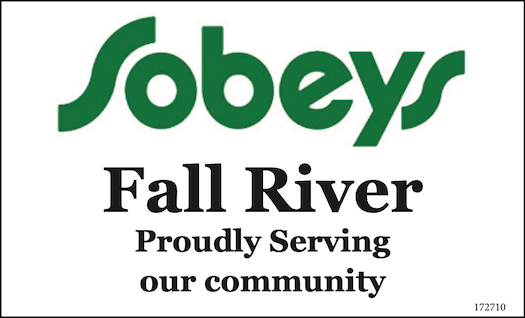HALIFAX: As Nova Scotians head back to the polls, small businesses are looking to provincial party leaders to not leave them in the rearview mirror.
“Costs are rising, demand is falling, and labour shortages are costing Nova Scotia’s small businesses $1 billion in missed business opportunities,” said Duncan Robertson, Senior Policy Analyst with the Canadian Federation of Independent Business (CFIB).
“Small businesses are concerned about the financial health of their business and hope to see proposals to make the province an affordable place to do business.”
ADVERTISEMENT:
According to CFIB, lowering the small business tax rate could be one way to give small businesses room to breathe.
The Federation estimates that lowering the small business tax rate from 2.5% to 1% could save each small business in Nova Scotia up to $7,500.
“Savings from tax reductions do not go into the back pockets of small business owners, they go right back into their business and our communities,” said Robertson.
“Close to two-thirds of small businesses in our province would put those savings toward increasing employee compensation, and over half would pay down debt or consider expanding.”
ADVERTISEMENT:
In addition to improving the tax environment for small businesses, party leaders can introduce policies such as:
Cutting the provincial fuel tax
Lowering payroll cost by improving the Workers’ Compensation Board (WCB) system, thereby lowering premiums
Commit to not adding new costs to Nova Scotia’s small businesses
Focusing on red tape accountability and reduction measures, including eliminating internal trade barriers
Working with municipalities to lower property taxes and help address other issues like mitigating the impact of public construction projects on small businesses
ADVERTISEMENT:
“Small businesses in our province are resilient, and there is no doubt they will do whatever it takes to keep their doors open and support their community,” said Robertson.
“What party leaders can do this election is show some kind of sign that they understand the challenges facing small businesses and introduce policies that give them some room to catch up, keep up, and ultimately get ahead.”

































